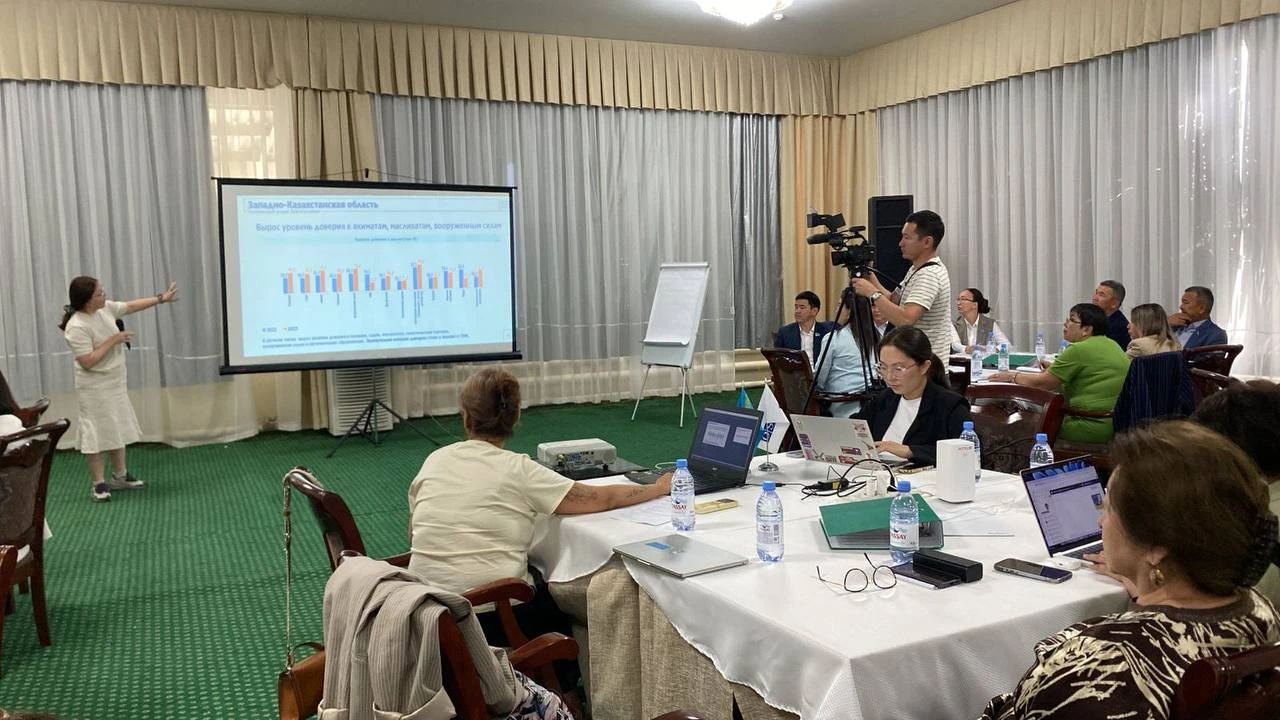

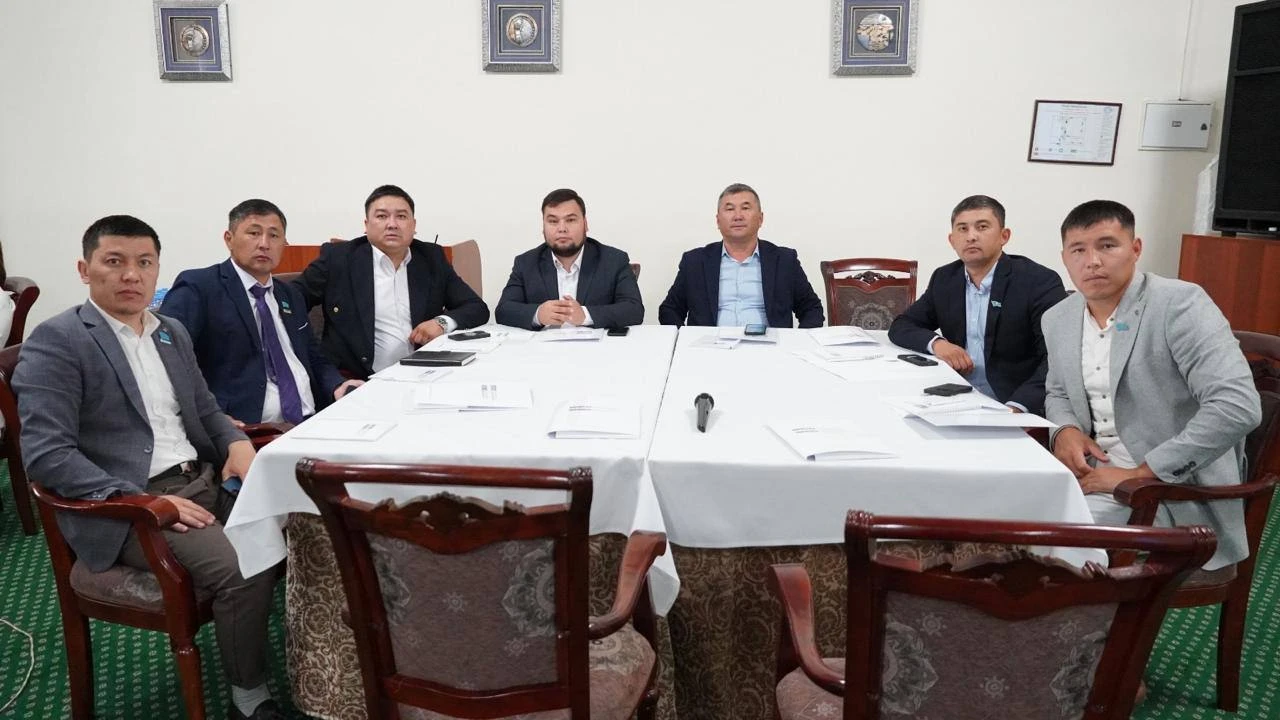
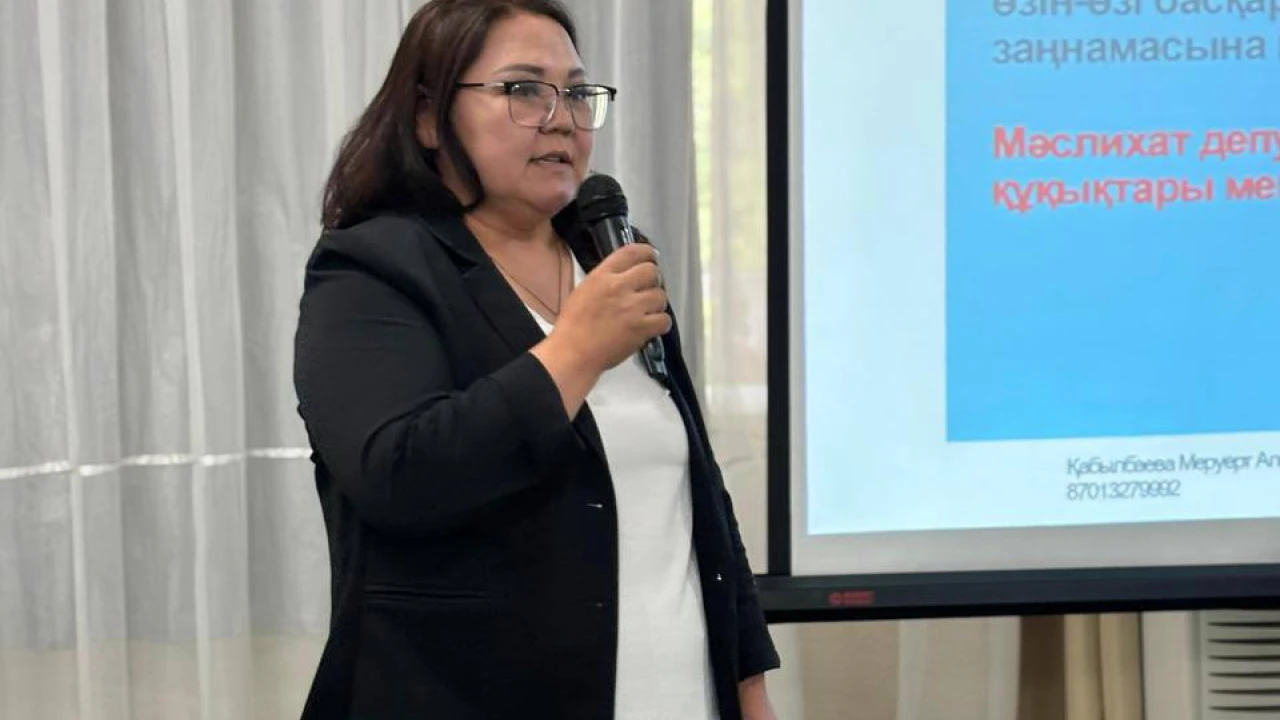
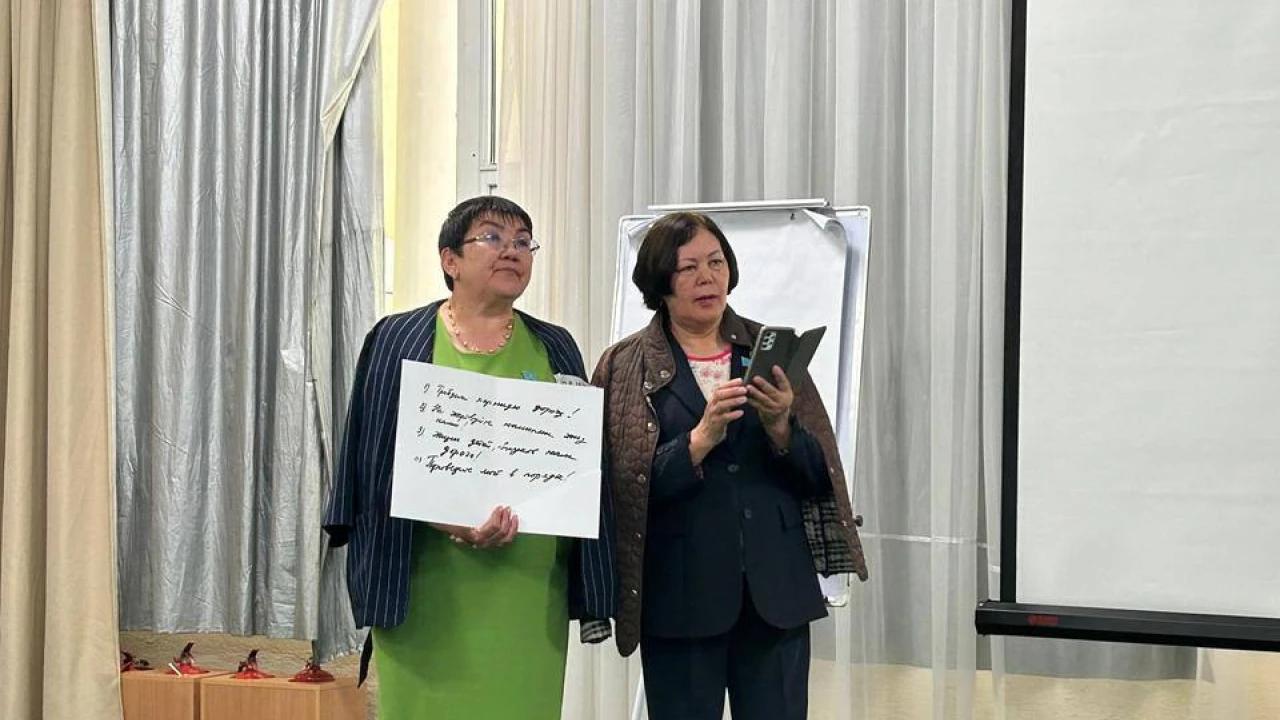
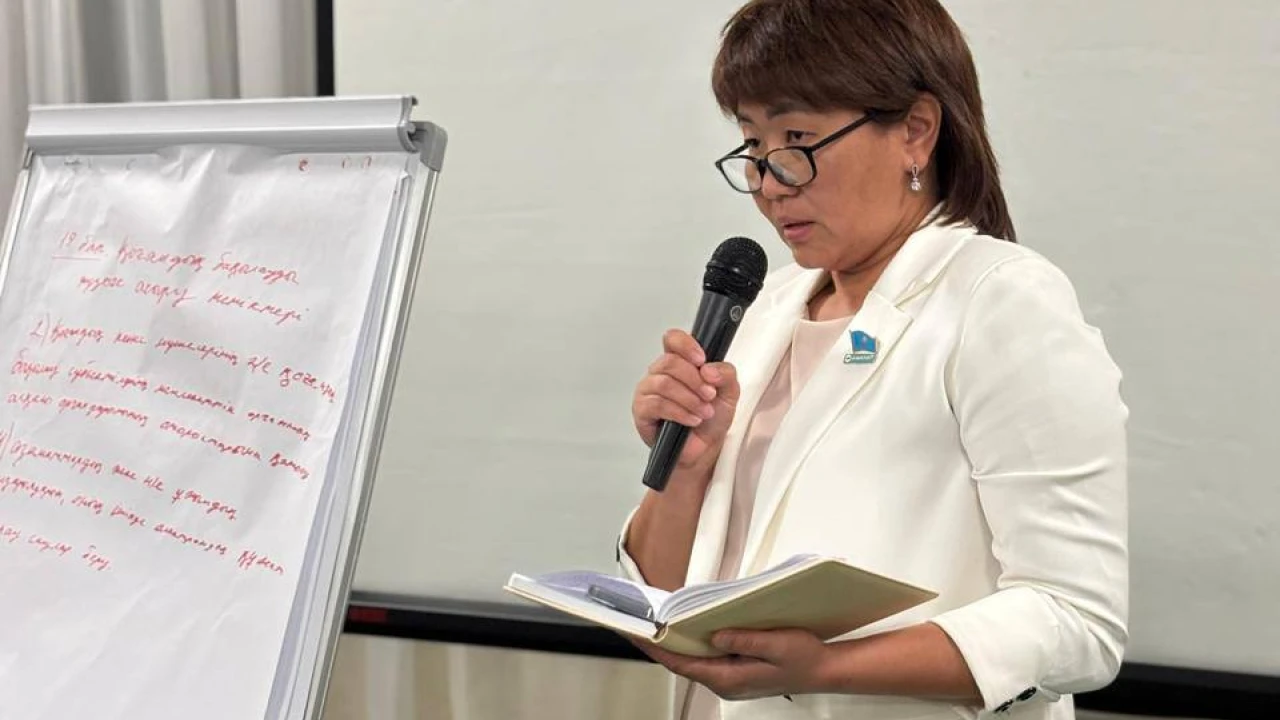
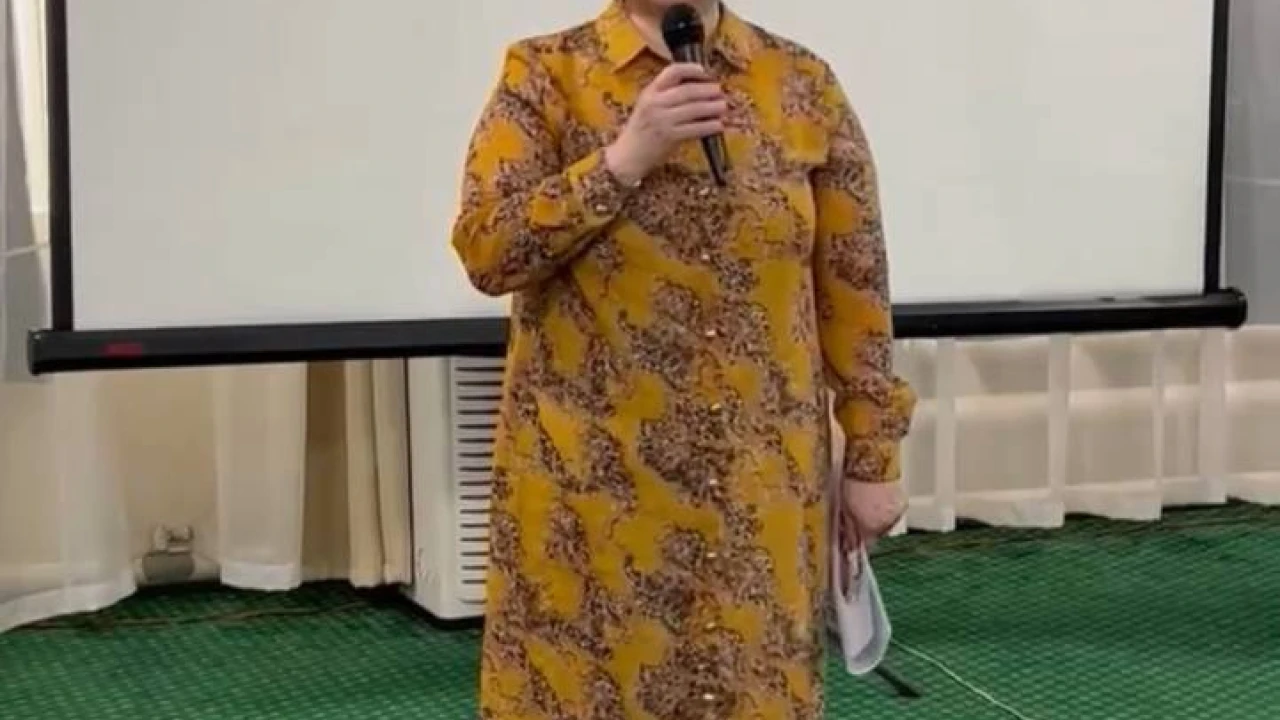
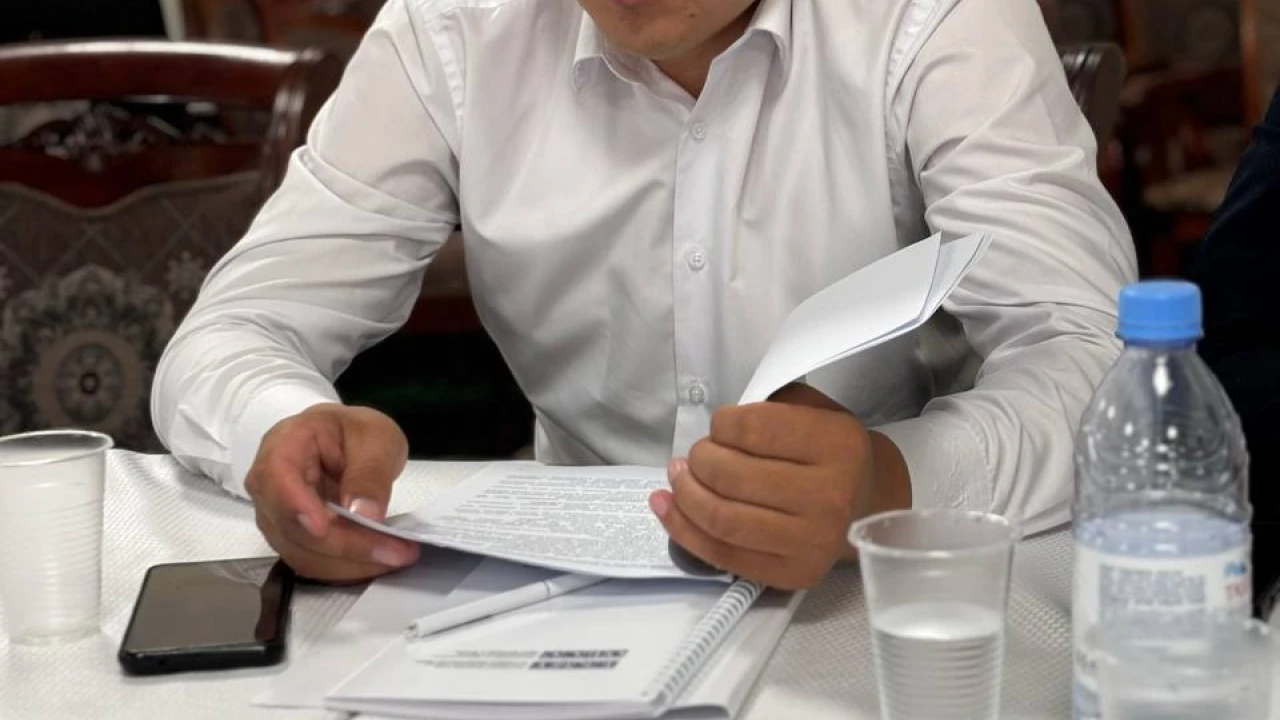
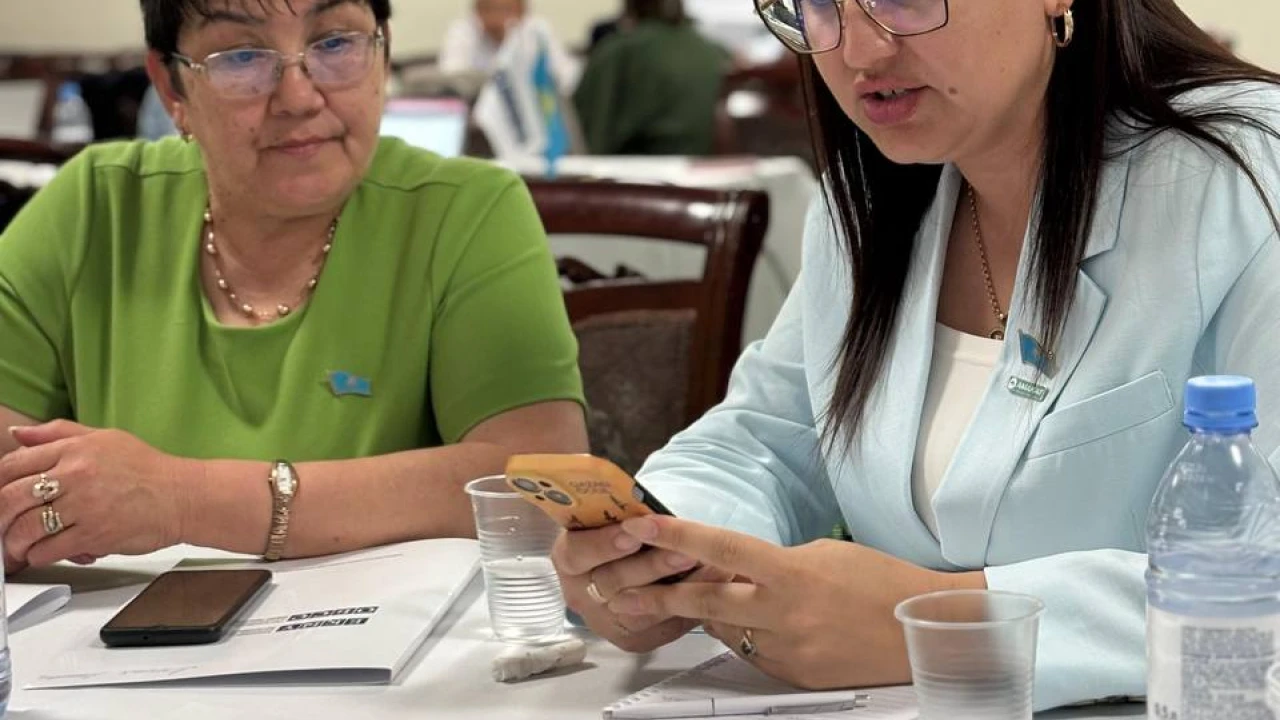

On June 23, 2025, a two-day training program for deputies of the maslikhats of the West Kazakhstan region began in Uralsk. The trainings are organized by the Institute of Parliamentarism, the Foundation for the Development of Parliamentarism and with the support of the OSCE Program Office in Astana. Industry experts are also involved in the work.
This event is held within the framework of the cooperation plan between the Senate of Parliament and maslikhats, which provides for the continuation of the practice of professional development of deputies and staff of local representative bodies in 2025.
In 2024, similar programs covered 17 regions and 3 cities of national significance. At that time, almost two thousand participants were trained, of which more than 400 participated in the face-to-face format. The new training series is designed to continue the successful practice and expand it to regional maslikhats.
The first day of training in Uralsk was devoted to the topics of communication, ethics and legislative literacy.
Among the speakers are Zauresh Battalova, President of the Foundation for the Development of Parliamentarism, Lyazzat Suleimenov, Deputy Director of the Institute of Parliamentarism, Murat Mukaev, Chairman of the West Kazakhstan Regional Maslikhat, and Yuri Fenopetov, Acting Head of the OSCE Program Office in Astana.
Deputy Director of the Institute of Parliamentarism at the UDP of the Republic of Kazakhstan Lyazzat Suleimenov noted that the main feature of the current trainings is the focus on deputies and employees of maslikhats at the district level.
The program pays special attention to the key laws of the Republic of Kazakhstan regulating the activities of maslikhats, regulations on the organization of peaceful assemblies, the work of the media and administrative procedures.
The training is based on interactive methods with real-world case studies, which helps participants develop decision-making skills and effectively perform their duties.
Meruert Alikhanov Kabylbayeva, an expert at the Institute of Parliamentarism, also made a report. She answered questions about what measures the Public Council can take to take into account the opinion of the population, as well as the procedure for including problematic issues in the agenda of the Public Council meeting and inviting authorized persons.
The expert noted that deputies of maslikhats often face the problem of insufficient interaction between local authorities and the population in matters related to improving infrastructure and the social sphere in their districts. Many initiatives of residents aimed at improving the quality of life remain without due attention, and projects often do not take into account the interests of all segments of the population.



